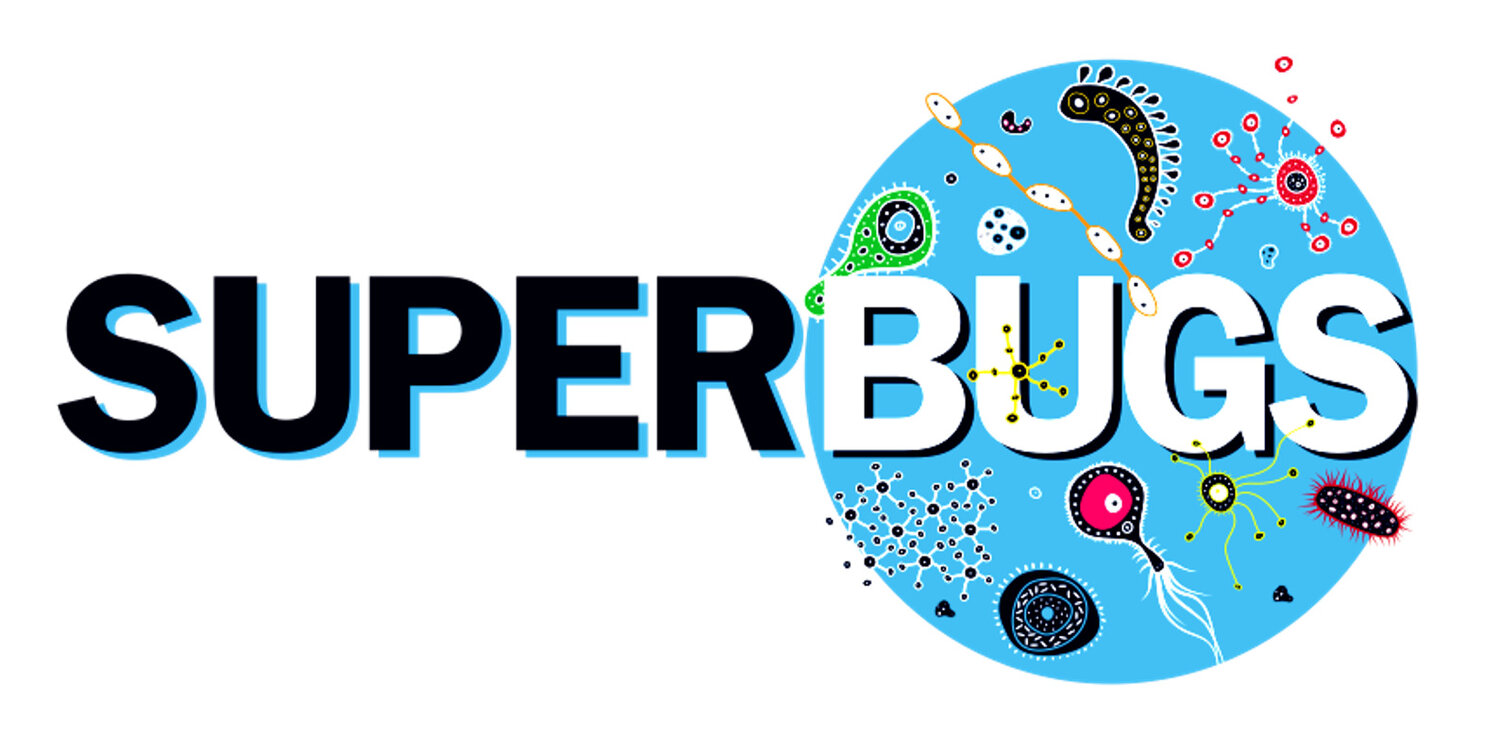
Being an Immunologist
Matthias Eberl, Professor of Translational Immunology at Cardiff University

In school, I loved chemistry and biology – especially learning about what cells are and how they work. And seeing the structure of DNA for the first time was an eye-opener for me! 🧬
I decided to study biology and got more and more interested in biochemistry, genetics and molecular biology.
In a nutshell, biochemistry is about understanding how our body converts sugar and fat into energy, and how it uses this energy to produce all the different molecules it needs to build new cells and replace old ones. Genetics is about understanding how the DNA of our genes encodes (almost) everything our cells do. And molecular biology is about using this knowledge not only to understand how cells operate at the molecular level but also how we can manipulate them, for instance by analysing DNA in the laboratory and cloning a human gene into bacteria so that the bacteria start producing a human protein.
A Schistosoma mansoni worm pair, with the larger male worm embracing the tinier female one.
EYE OF SCIENCE/SCIENCE SOURCE
At the same time, I became fascinated by all sorts of pathogens and how they escape our body’s defence – ranging from tiny viruses and bacteria (microbiology) to parasitic worms (parasitology) that may be up to several meters long and can live inside your body for many years! 🤢
It was then natural for me to combine all these aspects together for my PhD (which stands for “Doctor in Philosophy”, with philosophy meaning “love of wisdom”). This is the academic degree at the end of your university studies when you specialise in a certain topic, do your own independent research and present your results to the public. A bit like a school project. Only that it takes longer, much longer. Three years on average. And the project report you have to write (the PhD thesis) can easily be 200 pages long, and more. And at the end you have a panel of examiners that read your thesis, criticise it and ask you questions about it. Many questions. Really tricky ones. This examination usually takes 3-4 hours! And if you pass, you can call yourself Doctor and use the letters “Dr” in front of your name, as the sign that you are a fully trained scientist. 🎓
For my PhD project, I tried to identify new antigens from the parasite Schistosoma mansoni that might be of use as a potential vaccine in the future. Schistosomes or “blood flukes” are tiny worms that are about 1 cm long and live in the blood vessels near our liver where they lay eggs. The eggs become trapped in the liver and in the gut wall, and cause some inflammation as a result – which can be relatively mild in many cases but can also cause severe disease (schistosomiasis or bilharzia, also known as “snail fever”), depending on how many worms live inside you. The infection is still wide-spread in many parts of Africa and South America.
I learned about how the immune system can protect us against pathogens but also how it can make us sick if it gets activated too much, or at the wrong time in the wrong place. And I learned many different techniques in the laboratory to study the immune system, for instance how to clone genes, how to produce recombinant proteins, how to determine DNA sequences, how to stimulate immune cells in culture plates. And most importantly, how to ask a scientific question, how to design the right experiment to answer that question, how to interpret the results from an experiment, how to present my findings to other people. Many experiments failed, but I learned from my mistakes. I studied the literature, asked colleagues for help, and tried again. And at the end I was able to write up my PhD thesis, proud of having added my own mosaic stone to the large puzzle of science. 🧩
A summary of my closest scientific contacts across Europe.
Science is truly international!
That was almost 25 years ago.
My scientific journey since then has taken me from Germany to England, from England back to Germany, from Germany to Switzerland, and from Switzerland to Wales. I am now heading a research group at Cardiff University that studies the immune response to bacterial infections where we combine cell culture experiments with analyses of patient samples and mathematical models. Our aim is to identify mechanisms and processes that can be exploited for novel diagnostic tests and that can inform the development of new drugs and vaccines.
We have worked with many different types of immune cells and many different types of bacteria and diseases. And over the years we have processed and analysed many types of patient specimen in the laboratory, ranging from blood to saliva, cerebrospinal fluid (the liquid that surrounds your brain), wound fluid, urine and even poo! 💩 We have looked at immune cells in pieces of skin and in tonsils, appendix and gut from people who had undergone operations and procedures. All this to understand how the immune system responds not only in the blood but also directly at the site of infection. Immunology is fascinating but it can also be a bit yucky! 🩸
What I like most about my work is that it combines many different disciplines and that it involves laboratory researchers as well as clinical specialists and data scientists, with collaborators and friends from the university but also across the whole world, including many countries in Europe, the USA and Australia.
You can find out more about my actual research at the link below.


